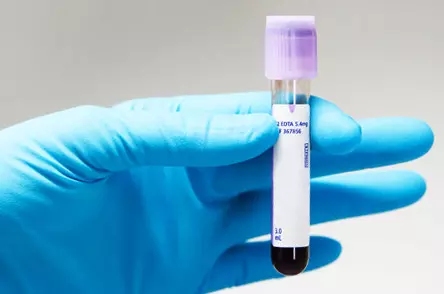Tag: prostate cancer
MRI Before TRUS Re-Biopsy Increases Accuracy
It seems intuitive, if not obvious, that superior imaging of the prostate gives precise information to guide a biopsy needle into a cancerous tumor. The typical ultrasound imaging used by urologists in their offices is inferior to magnetic resonance imaging (MRI). Ultrasound-guided transrectal (TRUS) biopsy has a minimum 35% chance of missing cancer. If our keep readingWould You Change Your Diet to Prevent PCa?

Do you know what causes cancer? Do you believe that diet can affect your chances of either causing or preventing prostate cancer? Would you change what you eat if you thought it could make a positive difference? I ran across an interesting small study that grew out of a larger British program called the ProDiet keep reading
How Do You Feel About Screening?

If you’re like most men age 40+, you probably get your PSA (prostate specific antigen) test when you go for a physical that includes a blood draw. You learned either from your doctor, or a health promotion, that men should get a baseline PSA at age 45 (40 if you have known risk factors) and keep reading
TRUS Biopsy: Still Trying to Solve the Riddle

Matt Mullenweg, the originator of the popular open source WordPress software, has been quoted as saying, “Whenever there’s a new form of media, we always think it’s going to replace the old thing, and it never does. We still have radio, however long after TV was introduced.” It can be just as true in medicine. keep reading
The PSA Controversy and the New York Times

The New York Times, like all news media, is a vehicle to air conflicting views. The November 25, 2014 issue ran a strongly-worded editorial opinion piece by Richard Ablin, PhD, the self-proclaimed “discoverer of PSA”... keep reading

